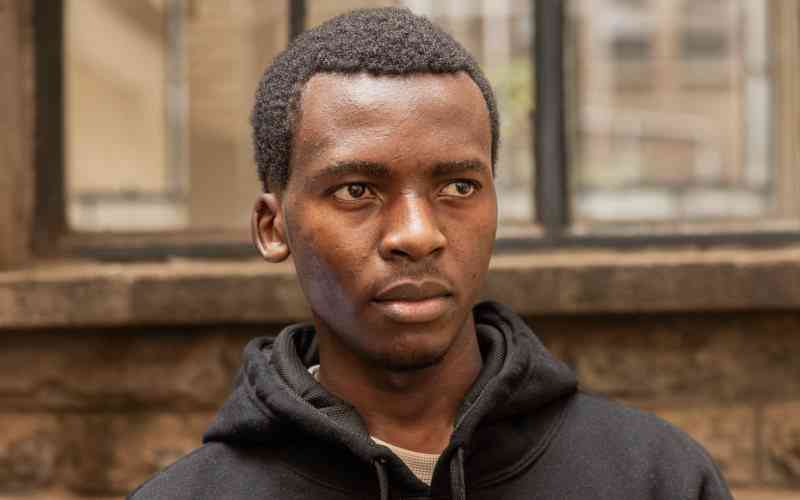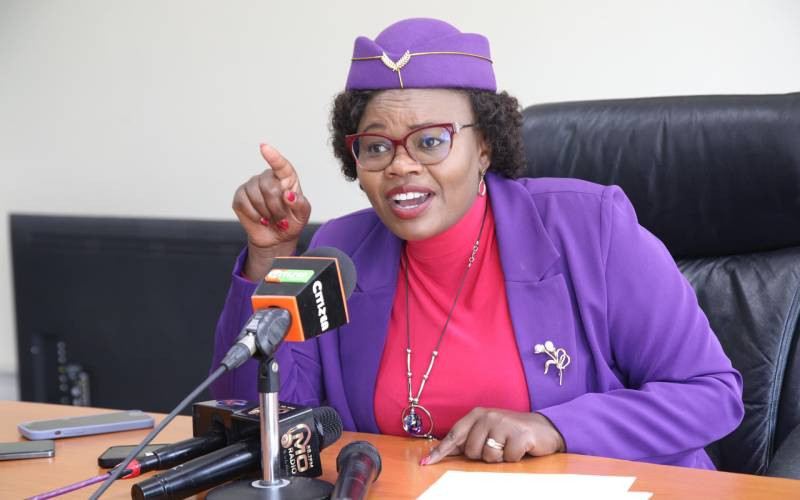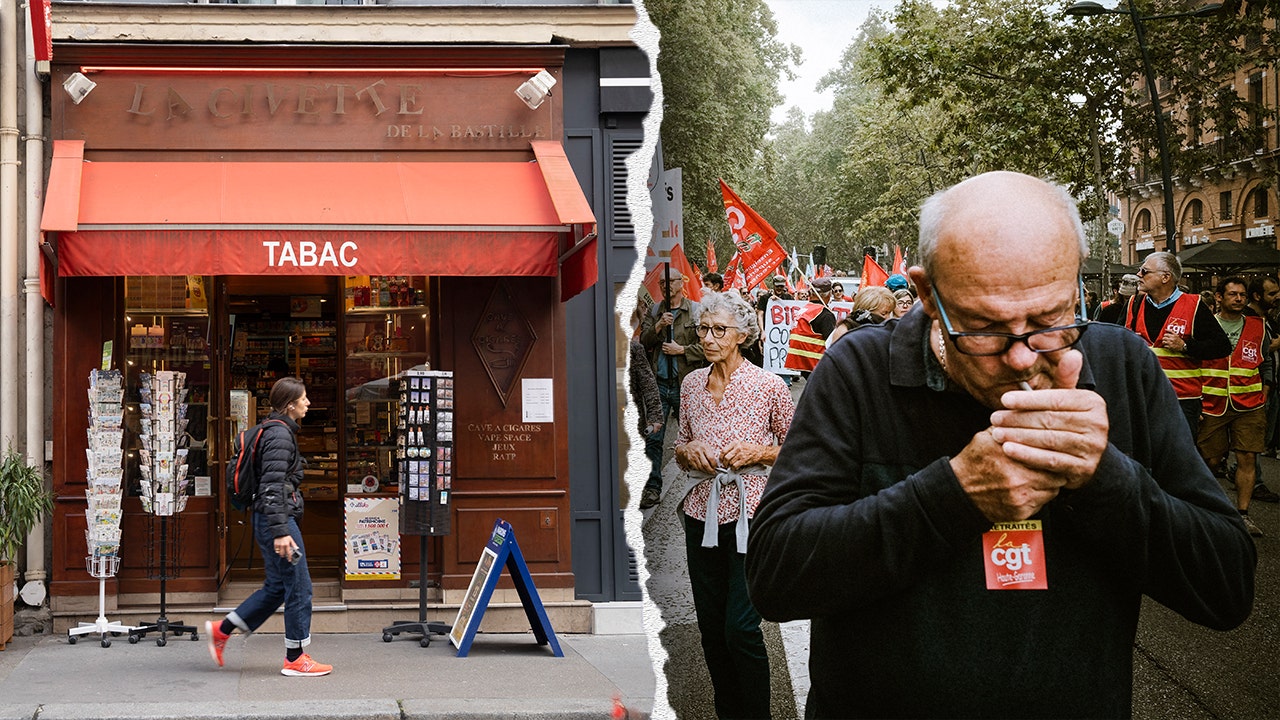Inuit mother in Denmark suffers pain of separation from child
Zammi was only two hours old when Danish social workers separated her from her mother, an Indigenous Inuit woman deemed unfit to raise the child after a contested parental aptitude test.

The baby's mother, Keira Alexandra Kronvold, clearly remembers that day in November 2024.
"I breastfed her. I prepared a bag for her journey. Her clothes... teddy bear. It smelled of me," she told AFP.
"And a letter... A letter to foster parents saying 'her name is Zammi' and begging them to take care of my daughter. Protect her," she continued through sobs.
Since then, Kronvold, 38, only has the right to see her daughter for one hour a week, under supervision.
She says the decision to remove her child is because of her Greenlandic heritage.
Denmark has fraught relations with the native peoples of Greenland, the Arctic island it rules as an autonomous territory recently in the spotlight after US President Donald Trump's threats to seize it.
Danish authorities have previously faced backlash for an experiment that took Greenlandic children from their families in the 1950s to socialise them in Denmark, and for forcing thousands of Inuit women to use IUD contraceptive devices from the 1960s to 1990s.
It is unclear how many Inuit children have been taken from mothers deemed unfit in parental aptitude tests in Denmark.
But children born to Greenlandic parents are five to seven times more likely to be taken by social services than children born to Danish parents, according to a 2022 study.
AFP was unable to view the decision in Kronvold's case, and Danish social services do not comment on individual cases.
"I don't drink, I don't use drugs, I don't have any illnesses," said Kronvold, who works in a fish processing factory.
According to reports in Danish media, which have obtained copies of the document, the municipality of Thisted believes that as a Greenlander, Kronvold "will have difficulty preparing the child for the expectations and instil social codes necessary to thrive in Danish society".
While pregnant, she had to take a parental competence test, called "FKU".
"A lot of the time these examinations happen for really good reasons," Ditte Munch-Jurisic, an associate professor at Copenhagen University, told AFP.
But they are discriminatory, she said.
"These tests have been developed in Western countries, with Western subjects, so this means that you'll always be at a disadvantage if you have a minority background," she said.
In Kronvold's case, the tests were conducted without an interpreter, even though Danish is not her native language.
The exam is largely based on images the subject is asked to evaluate.
"There are many misinterpretations from parents," said Laila Bertelsen, president of MI, an association that supports Greenlandic parents whose children have been placed in foster care.
"If you don't know what Santa's elves look like or a certain type of horse depicted in the images, you might end up describing something completely different, perhaps based on Greenlandic myths."
Starting on May 1, the Danish government prohibited the use of "FKU" tests to evaluate parents of Greenlandic origin.
But the decision in Zammi's case still stands.
Reuniting a child with their parent after placement requires "significant improvements in conditions for the parents or the child", Lars Sloth, the municipality's director of social services, told AFP.
It also includes evaluating "if returning home is in the best interest of the child", he added.
Kronvold's lawyer has appealed against the decision, but the appeal was denied in the first instance.
"They believe there are reasons to think that Keira cannot take on her responsibilities," said the lawyer, Jeanette Gjorret.
The ordeal has brought back painful memories for Kronvold.
Before Zammi, she had two other children, who were both placed in care following an initial "FKU" test nearly 11 years ago.
"If you are in this system, if you get pregnant, you get two choices: forced abortion or child removal," said Kronvold, who was raised in western Greenland and has lived in Denmark for 18 years.
"A previous placement decision can be a significant factor in the evaluation regarding a newborn or an unborn child," Sloth said, while stressing that each case is studied individually.
Nolan, Kronvold's 11-year-old son, lives with his grandparents and father. Her eldest, Zoe, is now 20 years old.
Zoe recently accompanied her mother to the Danish Parliament to try to gather support.
She was nine years old when she was placed in care, severing her from her roots.
"She wasn't allowed to talk about me," Kronvold said, adding that when her daughter would say she wanted to go back to her mother, she was told "to go talk to the dog".
Today, her daughter struggles to embrace her Greenlandic roots.
"She is confused about her identity. She looks like a Greenlander. But she was raised to be Danish," Kronvold said.
cbw/ef/jll/jhb












